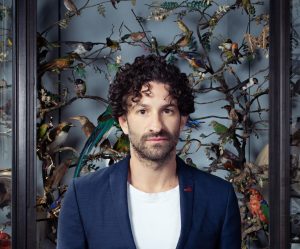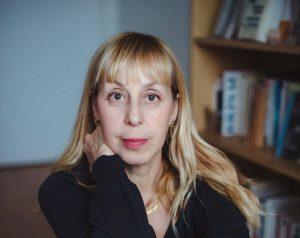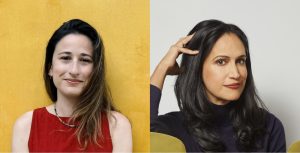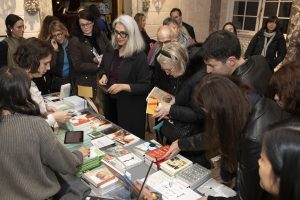Villa Albertine’s Fall Literary Lineup
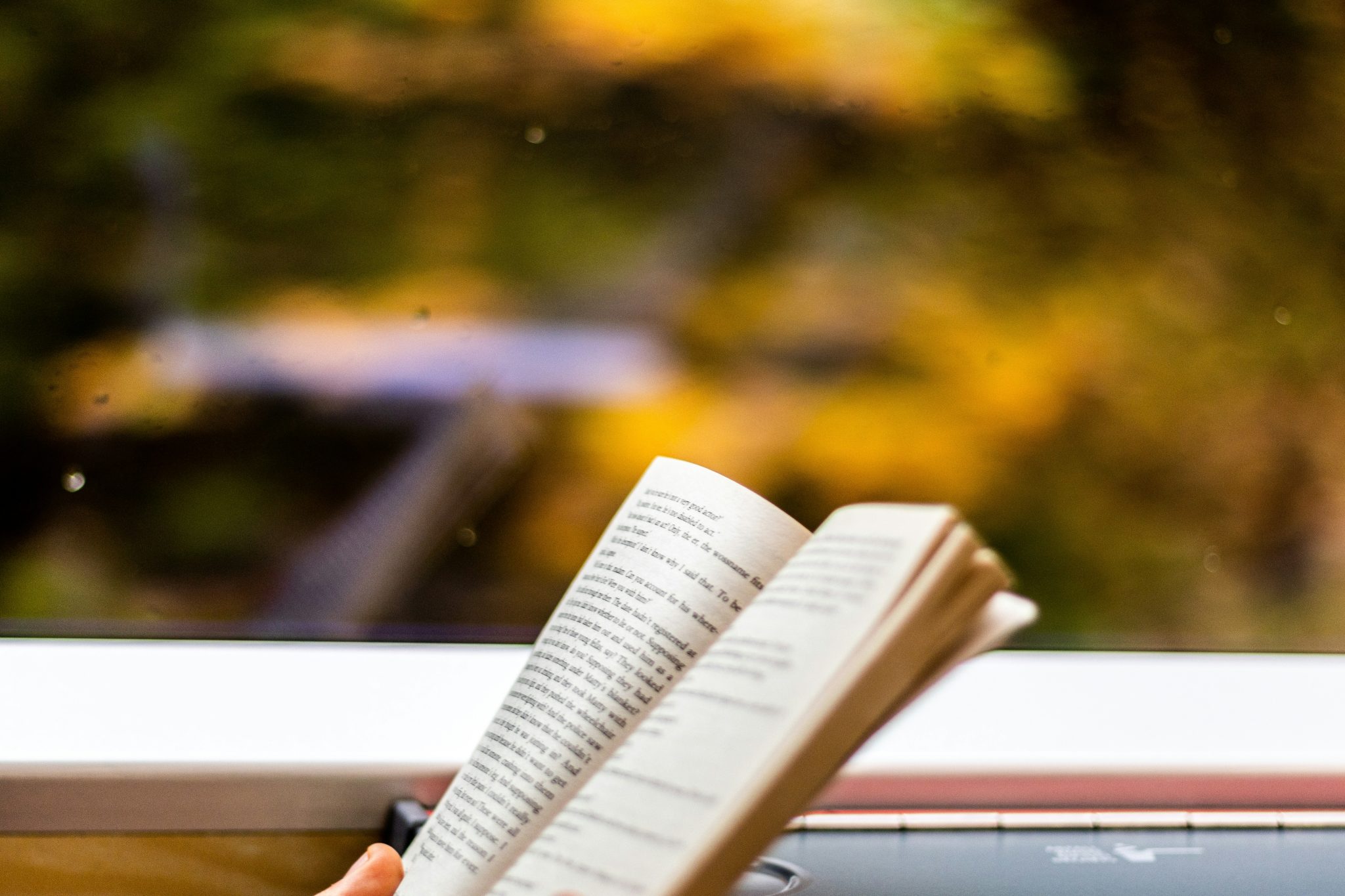
Mark your calendars to participate in conversations across the U.S. featuring some of the most captivating contemporary authors from both sides of the Atlantic.
Villa Albertine partners closely with publishers, festivals, universities, booksellers, and other cultural institutions to foster literary exchange between France and the United States.
This year’s Literary Fall, running from September through November 2025, will spotlight standout works and new trends from the French and Francophone literary worlds.
Whether you’re a professional in the book industry or simply a passionate reader, don’t miss this opportunity to engage in transatlantic conversations and discover some of the most exciting voices in Francophone literature today.
Stay tuned for full program details! This page will be updated frequently.
Authors on Tour
This Fall marks the return of our Authors on Tour program, with the participation of acclaimed writers Santiago Amigorena, Thomas Schlesser, Miguel Bonnefoy, and Lola Lafon, among others. They will present their latest novels at major literary festivals and venues across the country—including the Brooklyn Book Festival, Litquake, the Boston Book Festival, the Charleston Book Festival, and the Miami Book Fair—alongside renowned American authors and journalists. Read more about their upcoming tours below.
Celebrating a New Literary Season
Supporting the translation and circulation of French-language literature is central to Villa Albertine’s mission. This Fall, we will host a series of professional events for those dedicated to bringing French books to American readers—from publishers and booksellers to festival curators, critics, and translators.
A highlight will be our culminating afternoon of public discussions on French literature in translation on September 19th, with the participation of distinguished publishers such as Michael Reynolds (Europa Editions), Dan Simon (Seven Stories Press), and Barbara Epler (New Directions). Together, we’ll explore the evolving definition of French literature—and what American readers might be looking for in French novels today.
Ideas at Villa Albertine
Throughout the season, Villa Albertine will present conversations between leading writers and thinkers from both sides of the Atlantic. Guests will include renowned anthropologist Philippe Descola, Haitian writer and philosopher Néhémy Pierre-Dahomey, and best-selling authors and podcasters Lindsey Tramuta and Priya Parker.


